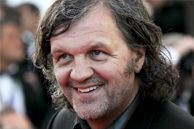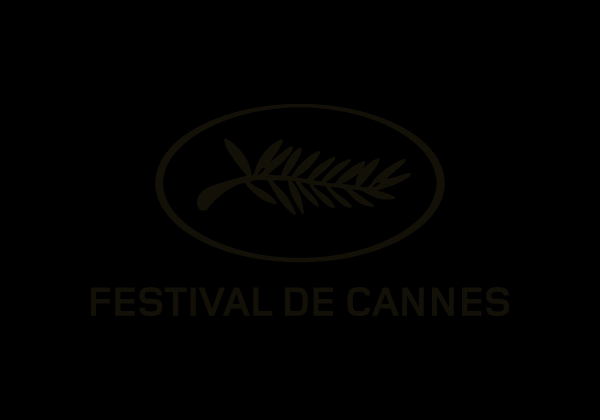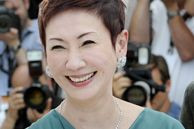
Interview with Emir Kusturica

You have just come out of the deliberations with your Jury for the awards of Un Certain Regard. Did you all fight about it?
No! We had a very good time. When I was part of the main jury, I met people from literary or public life, but this jury was composed just of people from cinema, and that makes it much easier. We really focussed on the cinematographic aspects. And since Un Certain Regard is renewing itself, in the sense that we have films that are fairly commercial as well as films by auteurs, in this mix, we found it easy to choose the ones we believe are the best.
In 2005, you presided over the Feature Film Jury, and this year over Un Certain Regard. Did you look at the films in this Selection differently and if so, why?
It’s interesting because at this time, Un Certain Regard is looking more like the main Competition. It’s no longer a programme that is restricted to one perspective. There are films that would normally be screened at Midnight Screenings and there are this year at least three films that could have been selected in Competition.
You also presided over the Cinefondation Jury in Cannes in 2003 and Kustendörf hosts a film school and seminars. What is your conception of the transmission of the art?
This is an extraordinary time for film, with a major technological revolution. But that doesn’t change the fact that whoever has a good idea or a good story is the one that we have to look for. We are in an era like the Baroque period in that a thousand possibilities are there for the artist: technical, stylistic, whatever… but the question remains: “How do you see the world?” What is good about this Festival is that even though it does not neglect the artistic and commercial aspects, it reserves a place for personal identity. This is not true of Hollywood, where technology is used to appeal to the market and make money. When I think about cinema, I always feel this passion to discover, to recognize and to unveil its secret.
What advice would you give to a student in cinema?
Stick to your ideas about your life and about your existential problems. Stick to the ideas that are crucial to your identity in the midst of history, stick to your feelings, your obsessions, your way of seeing things, everything that puts you in the centre of the world. And do not be carried away by technology.
You have said that the Festival is important because it is an event that upholds cultural diversity. What place and identity does Serbian film have in this diversity today?
I don’t think it has a strong identity. They follow and imitate some patterns of western cinema, which is fine as far as form is concerned, but not as far as content goes. And they are not discovering new talents. This is the direction I am trying to give with my Festival in Kustendörf. We need to find our identity and tell a story that is our own before it belongs to everyone else. I always compare it with nature. The best raspberries in the world grow in Serbia because of the soil and the atmospheric conditions in the country. You have to remember this when you make a film. But in Serbia, they don’t.
You have just published “Dove sono in questa storia?” ("Where am I in this story?"), an autobiographical account of your childhood in Sarajevo. Why did you make this a book instead of a film?
Because I wanted to prove that I’m not as stupid as these directors who cannot write a book!
You are a filmmaker, musician, writer, architect… What are you chasing after?
I don’t know. I’m very curious. And I must say that I have been able to express myself through all these disciplines. The most important thing in life is psychological stability. You’ve got to be balanced, strong and able to do many things. I was born with the ability to do many things and I proved that I could. As the scientists say, you get 23 pairs of chromosomes from your mother and 23 pairs from your father and the question is, what do you add to the mix? What happens to make you into a football player, scientist, model? This is what is wonderful, because life is always a miracle.
What inspires you today?
My greatest pleasure in recent times has been watching movies and being thrilled by the beauty that cinema gives to people. It is perhaps the only activity that lets the mind and body travel far away from reality, to enter another world. For example, I watched Aki Kaurismaki’s film, which was for me an absolute masterpiece, one of the best films I have seen in a long time. And the happiness, the catharsis that you go through watching a good film lights up your life. Being close to art, being exposed to art, and appreciating art is the most important thing in life.

